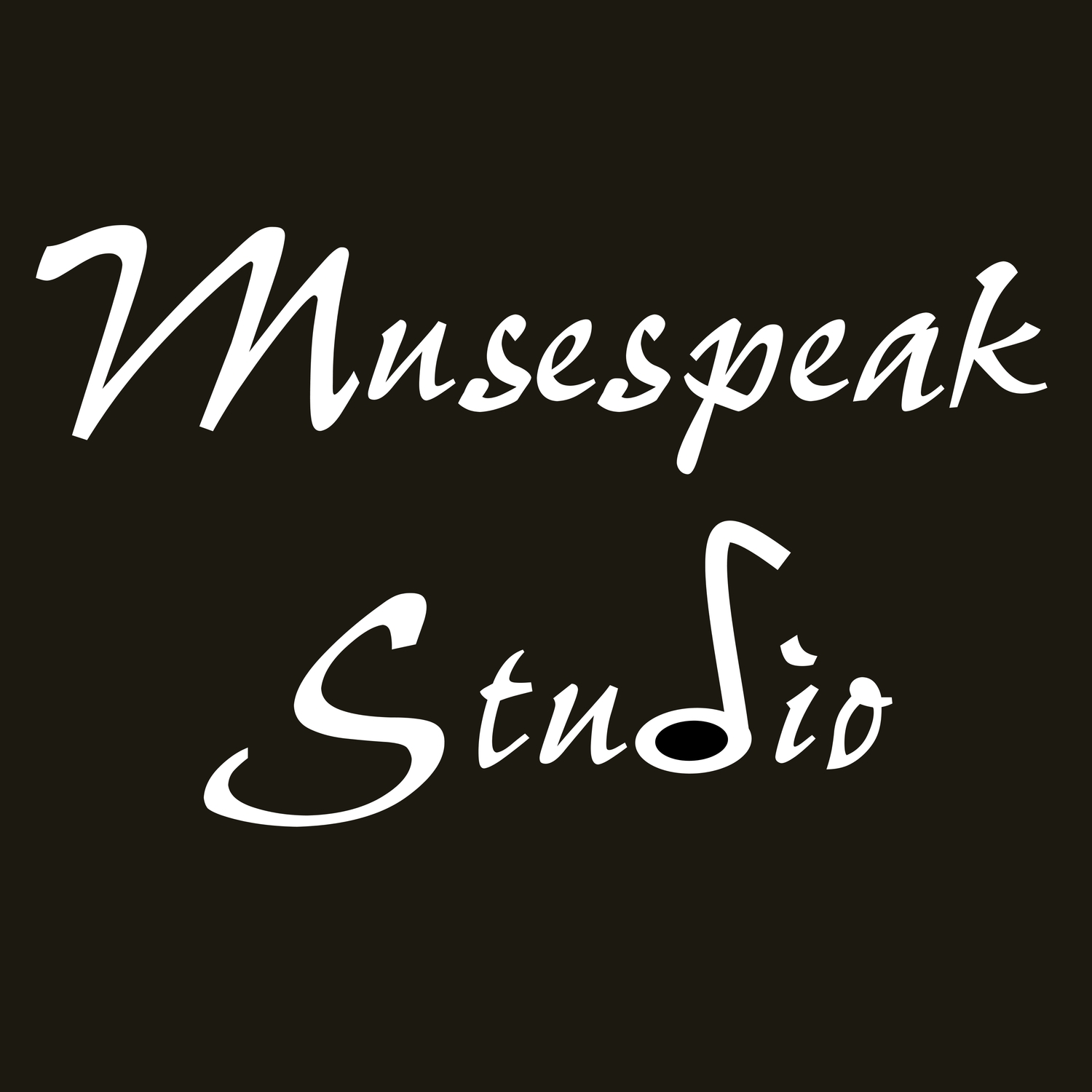When I attended the CFMTA Music Inspires Convention last month, I had the pleasure of speaking with Paul Sayre, author of Beginning major scales. It's a combination technique and theory workbook for piano and voice students. This is quite different from the traditional theory books we use to teach music rudiments to our Royal Conservatory and Conservatory Canada students. I find it refreshing.
A Look at Beginning major scales
The workbook opens with a section called "Cold Feet". It's cute enough that young students will enjoy colouring but there is an important riddle on it for young and, as Mr. Sayre says, "grown up" kids to figure out. It's a new take on memorizing the Order of Sharps. This is followed by a cheat sheet of all the major key signatures that all students will hopefully refer to often.
Then the book introduces each key in turn, going through the Circle of Fifths. For each key, the one-octave scale, I-IV-I-V7-I cadence and arpeggio are shown. On the opposite page, there are some questions for students to answer - written and aural (yay! ear training). At the end of the section, two octave scales and arpeggii are shown.
The second half of the book is dedicated to music theory. There are extra theory questions on scales, followed by an introduction to major and minor thirds (followed by questions to answer).
Students not only learn about major and minor triads, but also augmented and diminished as well. The final section of the book has a Note Catcher!™ ear and theory training game.
First Impressions of Begnning major scales
Like the Piano Adventures series, The Sayre Series Beginning major scales introduces music students to intervals, chords and arpeggii early. I do like the fact that Mr. Sayre introduces the various technical elements with the single octave but gives the two-octave version later on.
Another thing that I do like about the book is that the text is worded to speak to a wide age range of music students. It's simple enough for a seven year-old student but worded with care so that an adult student wouldn't be turned off. That's not an easy feat to accomplish.
Using Beginning music scales
My beginning piano students use the theory books from Piano Adventures, while my conservatory students use either Conservatory Canada's theory workbooks or Glory St. Germain's Ultimate Music Theory series. I don't have plans of dropping those.
However, I can see three groups of students in my studio who can benefit from using Beginning major scales. The first are my adult students who are playing recreationally. They tend to find the conservatory-affiliated theory books to be "too much". They want the basics and they don't have the time to work through chapters of questions.
The second group of students I can see benefitting from this series are what I'd call "students in transition". I have a few students who are beginning that transition from the beginner method books to one of the conservatories, but they aren't quite ready age-wise or level-wise for formal rudiments. "Students in transition" also covers transfer students who are a little weak on theory but also, aren't quite ready to look at conservatory-affiliated theory books.
The third group of students are the ones who just aren't getting it. They've been in music for a few years and the materials we've been using just confuse them. Sure, there are other issues at play, but if I can help them by using a friendly-looking book, worded in "plain-speak" with them, I think they can finally get over the hump.
I do have one beef and that is the fact there is no Beginning minor scales book. I did contact Paul Sayre regarding this and he has assured me that one is in the works. However, its release is contingent upon the success of Beginning major scales (my fingers are crossed).
Beginning major scales is a fresh approach to teaching music theory and technique. This combination workbook contains practical, written and aural exercises for students to complete. It is perfect for beginners who are beginning to transition to elementary playing.
About Beginning major scales
Title: Beginning major scales for All Piano and Voice Methods: Technique and Theory Workbook for All Piano and Voice Methods
Author: Paul Sayre
Publisher: Brownstyle, 2011
ISBN: 0615426832, 9780615426839
Length: 41 pages, text and illustrations
Price: $9.98 US and up
In Canada, Beginning major scales is available at Long & McQuade. In the United States, music teachers and students may purchase the book through Performers Music Chicago. The book is also available for sale online on The Sayre Series website .
